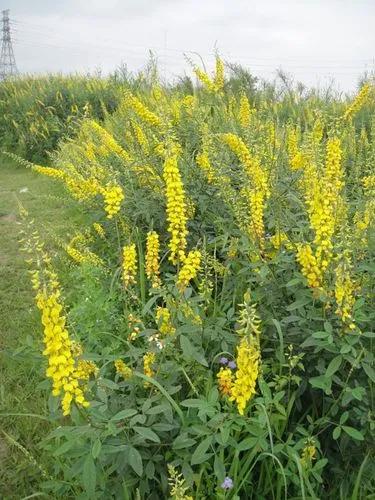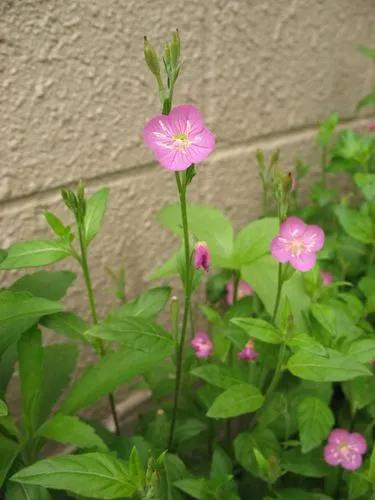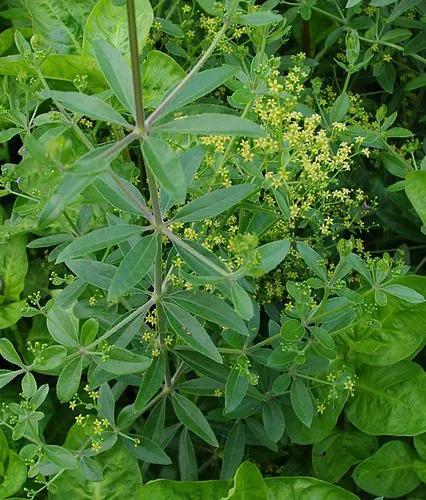Juncus effusus, with the common names common rush or soft rush, is a perennial herbaceous flowering plant species in the family Juncaceae. In North America, the common name soft rush also refers to Juncus interior.
Pacific rush Care
Juncus effusus



Juncus effuses, commonly known as soft rush, common rush, bog rush or mat rush, is a grasslike-like, rhizomatous, wetland perennial that features smooth, upright, cylindrical, unjointed, spire-like green stems (leaves are absent) which grow in spreading basal clumps to 20-40” tall. It is one of the true rushes. It has a nearly cosmopolitan distribution, being found in many places around the world, but primarily in cool-temperate regions, particularly ones having wet soils. It is often found growing in ditches, bogs, swamps, marshes, wet pastures, and along the margins of lakes and rivers. Stems are usually solid, with the leaves typically reduced to bladeless basal sheathes. Insignificant, minute, yellowish-green to pale brown flowers bloom in one-sided clusters (many-flowered cymes) located on stem sides slightly below the stem tips. Flowers emerge in summer (July to September). It can be invasive anywhere with moist soil.
How to Care for the Plant

Water

Most juncus species grow well in moist soils that are periodically flooded or when submerged on the edge of a pond. If the plants aren't grown in a submerged area, water regularly so the soil remains damp to a 6-inch depth at all times. Providing 1 to 3 inches of water weekly is usually sufficient, depending on how quickly the soil dries out.

Fertilizer

Apply an all-purpose fertilizer or manure tea in spring.

Sunlight

Grow these perennials in full sun (partial shade in the more southerly zones).

Soil

Boggy, wet soil, such as the area near a pond margin or in a wet rain garden, provides the best soil conditions for juncus plants. Either a neutral or an acidic soil pH is fine.

Temperature

These plants can be grown outside in the areas with the lowest winter temperatures of −34.4°C (−30°F).

Container

Planting in a large container or pond basket sunk into the mud prevents the juncus from spreading beyond the desired growing area.

Popularity

1,702 people already have this plant 259 people have added this plant to their wishlists
Discover more plants with the list below
Popular articles






